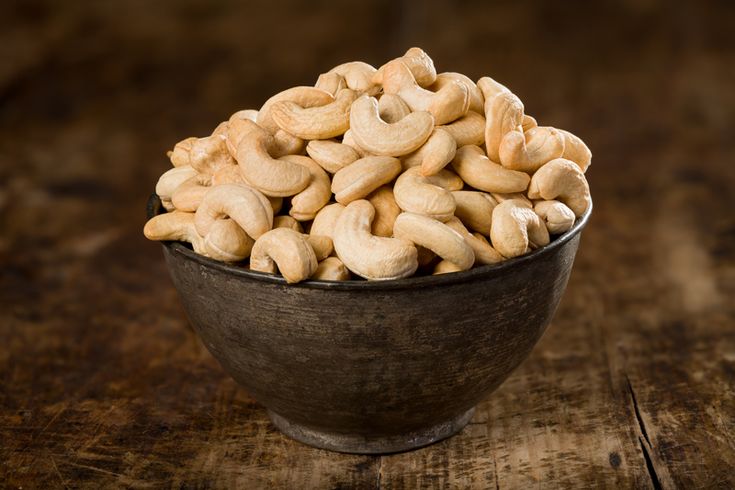Categories
The latest content
-

Customs Clearance & Import Regulations for Bulk Iranian Pinto Beans in EU, Middle East & Africa
..
-

Quality Control & Laboratory Testing Standards for Iranian Pinto Beans
..
-

Logistics & Shipping Solutions for Bulk Iranian Pinto Bean Exports
..
-

Minimum Order Quantity (MOQ) & Bulk Pricing for Iranian Pinto Bean Buyers
..

Tags
Cashew Kernel Varieties Explained; W180, W210, W240, W320 & Broken Grades

Cashew kernels are one of the most sought-after nuts in the global market, prized for their rich flavor, versatility, and health benefits. For bulk buyers and distributors, understanding cashew grades and varieties is essential to make informed purchasing decisions. At Tamila Agrifood, we provide a comprehensive guide to cashew kernel varieties, their applications, and market significance.
1. Whole Cashew Kernels
Whole cashew kernels are classified by size, usually indicated by a “W” followed by a number. The number represents the approximate number of kernels per pound.
W180
• Description: Large whole kernels, considered premium quality.
• Kernels per pound: ~180
• Uses: Ideal for gift packs, high-end retail, and gourmet products.
• Price: Typically the highest due to size and uniformity.
W210
• Description: Slightly smaller than W180 but still large and premium.
• Kernels per pound: ~210
• Uses: Popular in retail packs, hotels, and confectionery.
• Price: Slightly lower than W180 but still high-quality.
W240
• Description: Medium-sized whole kernels, widely used in bulk processing.
• Kernels per pound: ~240
• Uses: Suitable for snacks, bakery ingredients, and food manufacturing.
• Price: More affordable than W210 while maintaining good quality.
W320
• Description: Smaller whole kernels, commonly used for industrial applications.
• Kernels per pound: ~320
• Uses: Processed foods, nut mixes, and secondary retail packs.
• Price: Lower than W240 due to smaller size.
2. Broken Cashew Kernels
• Description: Kernels that are split, chipped, or fragmented during processing.
• Grades: Includes BB (Broken Butts), B (Broken), and pieces.
• Uses: Ideal for bakery, confectionery, ice cream toppings, and blended snacks.
• Price: Significantly lower than whole kernels, making it cost-effective for bulk production.
3. Factors Affecting Cashew Kernel Pricing
Several factors influence the pricing of cashew kernels:
1. Kernel Size: Larger kernels like W180 fetch premium prices.
2. Color & Appearance: Uniform color and minimal defects increase value.
3. Moisture Content: Low moisture ensures longer shelf life and quality retention.
4. Processing Standards: HACCP, ISO, and Organic certifications add to cost but ensure market acceptance.
4. Choosing the Right Cashew Variety
When selecting a cashew kernel type, consider:
• End-use: Retail, industrial, or confectionery.
• Target Market: Gourmet buyers prefer large, whole kernels, while bulk processors may opt for broken grades.
• Budget: Balance between cost and quality to maximize profitability.
5. Conclusion
Understanding cashew kernel varieties—W180, W210, W240, W320, and Broken grades—is key to sourcing the right product for your market. Whole kernels provide premium appeal, while broken grades offer cost-efficiency for processed foods.
At Tamila Agrifood, we supply certified, high-quality cashew kernels across all grades, ensuring consistency, safety, and market competitiveness.
Contact us today to learn more about our cashew kernel supply and select the right variety for your business needs.
Email: tamilaagrifood@gmail.com
Call / WhatsApp for Inquiries: +989141858935



